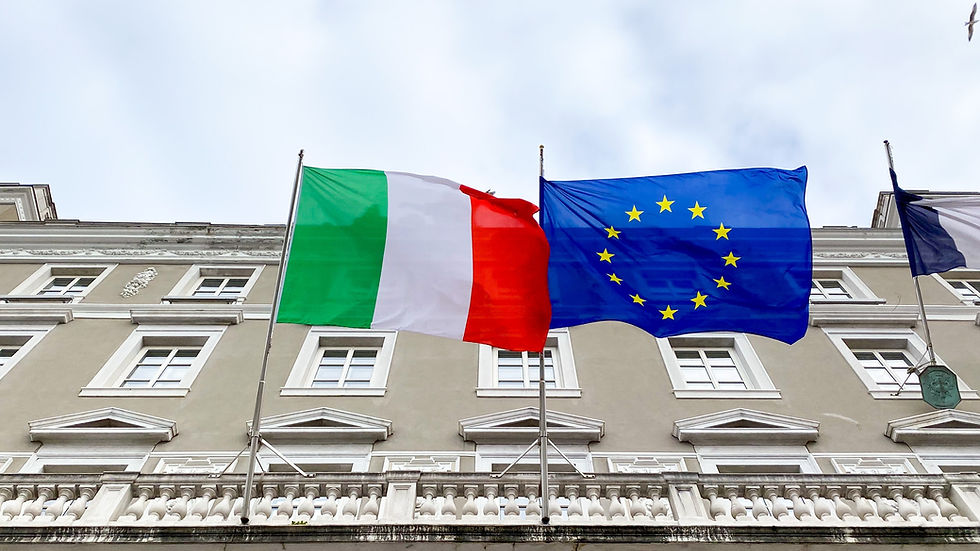How to cultivate and produce CBD in France as a farmer
- Frenchy Merlin

- May 22, 2024
- 2 min read
Cultivating CBD (cannabidiol) in France is a legal but strictly regulated activity. For farmers, this crop represents a significant economic opportunity, especially with the growing demand for CBD products. This article guides you through the essential steps to cultivate and produce CBD in France while complying with the current legislation.
What is CBD?
CBD, or cannabidiol, is a cannabinoid found in hemp (cannabis). Unlike THC (delta-9-tetrahydrocannabinol), CBD does not have psychoactive effects and is not classified as a narcotic. However, THC is illegal in France when it exceeds a concentration of 0.3%.
The Legality of CBD Cultivation in France
In France, cultivating hemp for CBD production is legal but subject to strict regulations. Here are the main guidelines to follow:
Authorized Varieties : Farmers must use one of the hemp varieties approved by the Ministry of Health. These varieties are selected for their low THC content and high CBD potential.
Certified Seeds : It is mandatory to use certified seeds provided by authorized organizations. This ensures that the hemp plants meet the quality and safety standards imposed by French legislation.
THC Content : The THC content of hemp plants must not exceed 0.3%. Regular laboratory tests are conducted to ensure compliance with this limit.
Administrative Procedures
Activity Declaration : Anyone wishing to cultivate CBD hemp must declare their activity to the gendarmerie and the National Federation of Hemp Producers (FNPC). This declaration is essential to obtain the necessary authorizations.
Registration at the Prefecture : Farmers must register at the prefecture and obtain authorization from the mayor of their municipality to cultivate hemp.
Controls and Analyses : Producers are required to regularly send samples of their crops to an accredited laboratory for analysis. If the THC content exceeds 0.3%, the crop must be destroyed.
The CBD Market in France
France is one of the largest consumers of CBD in Europe. The French CBD market is estimated at nearly 500 million euros, with growing demand. However, more than 85% of the CBD sold in France is imported, representing an opportunity for local producers.
Challenges and Opportunities
Fluctuating Regulations : The legislation on CBD in France is still evolving. Producers hope for the stabilization of the rules to invest confidently.
Quality Control : French CBD products are often organic and traceable, unlike some imported products. This represents a competitive advantage for local producers.
Collaboration and Innovation : Farmers are encouraged to collaborate to share resources and expertise. Initiatives such as creating agricultural equipment cooperatives (CUMA) can help pool costs and efforts.
Conclusion
Cultivating CBD in France is a legal but demanding activity. Farmers must comply with strict regulations and engage in rigorous administrative procedures. However, with the growing demand for CBD and the potential to produce high-quality products, this crop represents a significant economic opportunity. By following legal guidelines and innovating in their practices, French farmers can take advantage of this expanding market.




Comments